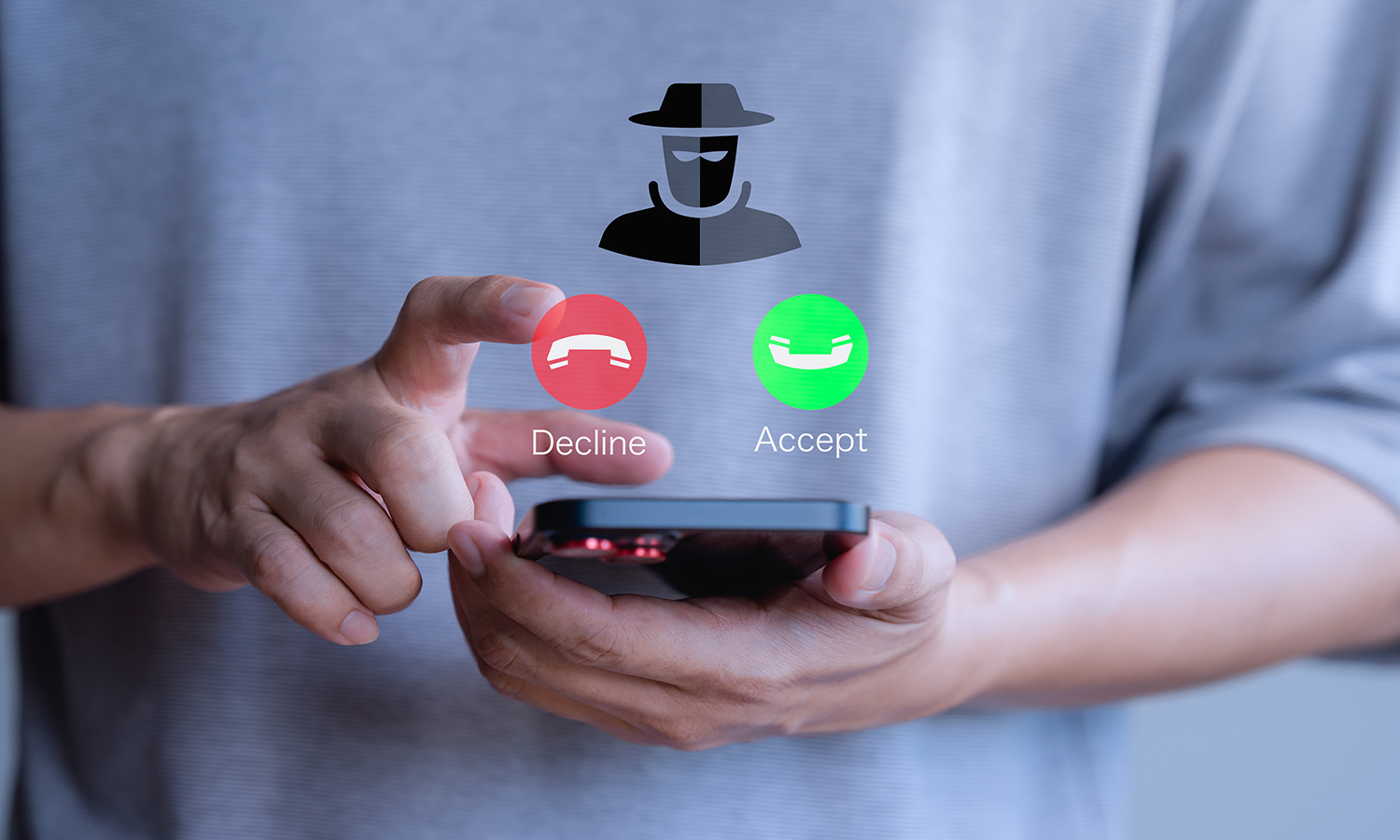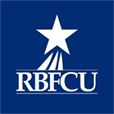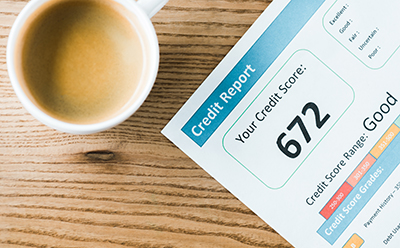Spoofing: What You Should Know
If annoying “Robo” sales calls are enough to make you wary of picking up the phone, now you can add another reason to place your phone on “Do Not Disturb.”

It’s called “spoofing,” which is a tactic often used by telemarketing companies to make you more comfortable with answering your phone. But it’s developed into something much worse. It’s become another fraudulent activity aimed at tricking you into sharing your sensitive personal information.
“Spoofing” involves a person placing a call while producing falsified information displayed on caller ID. This disguises the caller’s identity, and it makes it look like the incoming call is originating from a trusted company. It could look like the call is coming from a financial institution, utility company, or a governmental agency.
The potential for trouble increases if that person on the phone, posing as a representative of one of these companies or organizations, requests sensitive personal information: account numbers, passwords, answers to security questions, etc.
The Federal Communications Commission has issued a reminder that you may not be able to tell right away that an incoming call is spoofed. The FCC gives advice on what to do if you think you are being spoofed:
- Never give out personal information such as account numbers, Social Security numbers, mother's maiden names, passwords or other identifying information in response to unexpected calls or if you are at all suspicious.
- If you get an inquiry from someone who says they represent a company or a government agency seeking personal information, hang up and call the phone number on your account statement, in the phone book or on the company's or government agency's website to verify the authenticity of the request.
- Use caution if you are being pressured for information immediately.
- If you have a voice mail account with your phone service, be sure to set a password for it. Some voicemail services are preset to allow access if you call in from your own phone number. A hacker could spoof your home phone number and gain access to your voice mail if you do not set a password.
You have the law to help you. According to the federal Truth in Caller ID Act, anyone who is convicted of illegally spoofing faces penalties of up to $10,000 for each case. If you suspect a call you received is a spoof, report it to the FCC.



